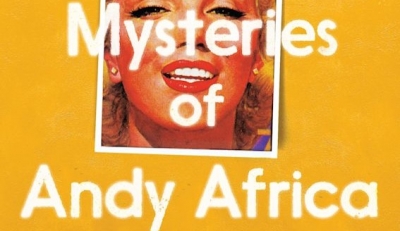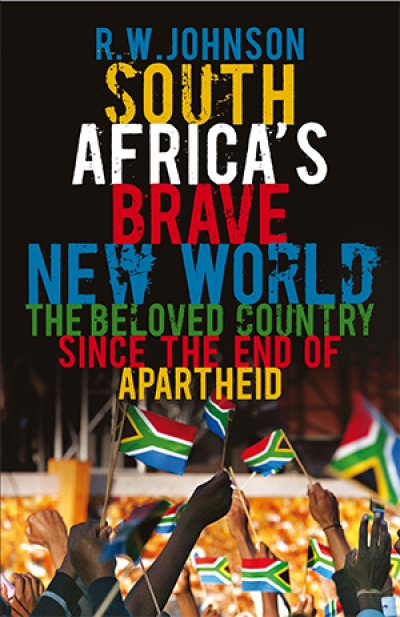Africa
The Five Sorrowful Mysteries of Andy Africa by Stephen Buoro
South Africa’s Brave New World: The beloved country since the end of apartheid by R.W. Johnson
The Last Blank Spaces: Exploring Africa and Australia by Dane Kennedy
Who Killed Hammarskjöld?: The UN, the Cold War and White Supremacy in Africa: Susan Williams by
A Merciless Place: The lost story of Britain’s convict disaster in Africa and how it led to the settlement of Australia by Emma Christopher
Mia Couto’s most recent novel (translated into English in 2004) begins with a ‘large organ on the loose’: a severed penis, like a ‘fleshy hyphen’, is discovered lying on a road in the Mozambican village of Tizangara. It seems that another UN soldier has exploded, for in a nearby tree is a telltale blue helmet. A delegation of Mozambican and UN officials descends on Tizangara, and an Italian, Massimo Risi, is left behind to find out why six UN soldiers have been “eclipsed” and who is responsible. The Last Flight of the Flamingo (first published in Portuguese as O ultimo voo do flamingo in 2000) is Couto’s most successful attempt yet to incorporate the animistic traditions of Mozambican culture into a European fictional framework. It is funny, mercilessly satirical and unmistakably African.
... (read more)On the second last day of the weeklong Poetry Africa 2001 international festival in Durban, South Africa, an interview with me appeared in one of the national newspapers. The text presented me as a returned exile. I was asked questions such as: ‘Have you lost your South Africanness, or do you still need it?’ Since my return to South Africa – I was last here in 1995, just after the first ‘free and fair’ election – I’ve been asked about my feelings towards South Africa and Australia. The questions are always intentionally superficial: there’s a right and a wrong answer. I’ve found that usually the best response is evasion or, better, a lie. In their questioning is a not so subtle politics of decorum: Are you a foreigner? If you are, mind your manners.
... (read more)




